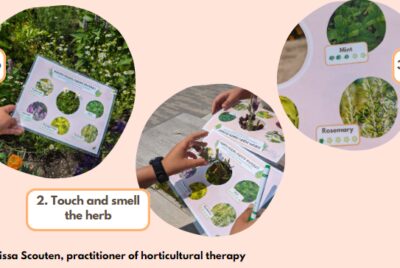RESEARCH
Cultivating ‘Health’ in the School Garden
Summary
This paper examines how school gardens are conceptualized and integrated into Health and Physical Education (HPE) in Australian schools, focusing on their potential to address health, sustainability, and environmental education. The authors analyzed interviews with 24 primary and secondary HPE teachers to understand how they perceive the role of school gardens in their teaching. Teachers associated gardens with various benefits, such as promoting nutrition, physical activity, and environmental responsibility, but their views were shaped by dominant discourses like “sustainability” and “child in nature.” While some teachers saw gardens as spaces for engaging students who struggle academically or behaviorally, others highlighted the challenges of implementing gardening programs due to limited training, resources, and support.
The study concludes that school gardens hold significant potential as educational spaces for fostering critical thinking about health and environmental issues. However, the authors caution against overly simplistic narratives that frame gardens as universal solutions to complex problems. They argue for a more nuanced approach that considers the socio-material aspects of gardening, such as embodied experiences with soil and plants, and broader systemic issues like food security and environmental justice. The paper calls for further research to explore how HPE can better integrate school gardens into curricula while addressing these complexities.







